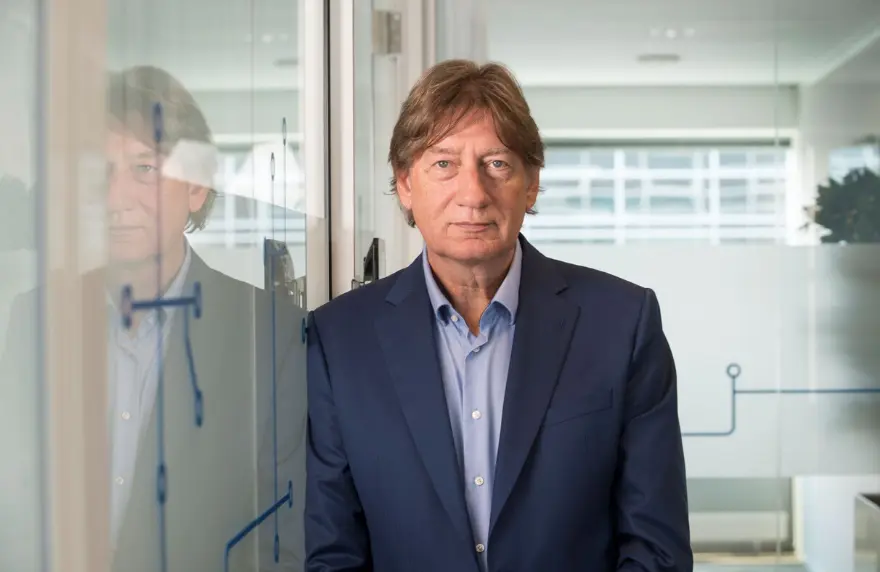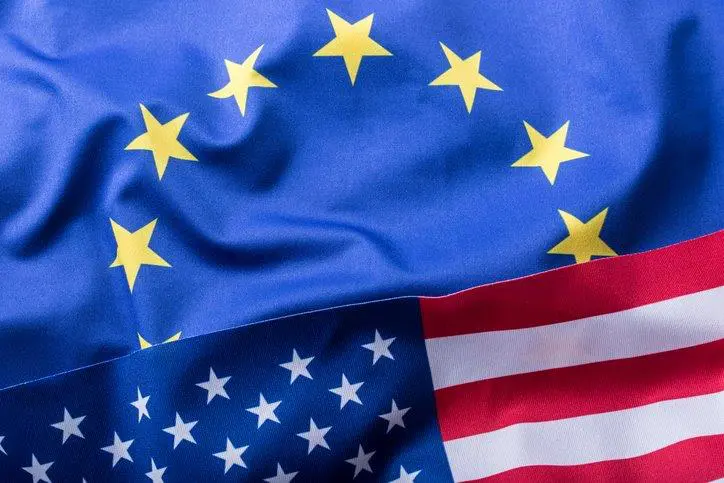Veel zal het voor ons niet uitmaken wie de nieuwe bondskanselier van Duitsland wordt. Dat komt niet alleen doordat zowel CDU/CSU-leider Laschet als SPD-leider Scholz overtuigde Europeanen zijn. Belangrijker is dat Duitsland in tegenstelling tot de Verenigde Staten geen grote invloed op de wereld heeft. Zeker niet nu president Biden de weg inslaat van de klassieke machtsbalanspolitiek door landen in de Indo-Pacific aan zich te binden. De afgelopen weken bleek dat de president zich daarbij weinig aantrekt van de Europese belangen. Dit hoeft u niet te verbazen. Als Amerika door China wordt uitgedaagd lijkt alles geoorloofd. Bij het creëren van machtsbalansen is het voor Biden meedoen of buitengesloten worden.
Op de strijd tussen China en de Verenigde Staten hebben de EU en de Europese Navobondgenoten dus weinig invloed. Nederland al helemaal niet.
Dit wordt in de laatste Troonrede erkend. De koning formuleerde ongebruikelijk helder de keuze waarvoor Europa staat: “Het is duidelijk dat Nederland samen met de andere lidstaten van de Europese Unie voor strategische keuzes staat in de relaties met China en Rusland, maar ook in de relatie met de Verenigde Staten”. De conclusie is dat ‘Trans-Atlantische samenwerking de basis blijft’, maar dat we ‘tegelijkertijd meer moeten investeren in Europees veiligheidsbeleid’. Precies voor deze keuze staat de nieuwe Duitse regering.
De vraag is of dat gaat lukken. De logische keuze voor de noodzakelijke vergaande Europese economische en militaire autonomie als tegenwicht tegen het Chinees-Amerikaanse geopolitieke geweld zit er voorlopig niet in. Dat komt omdat West-Europa grotendeels postmodern is geworden. Vooruitgangsdenken op basis van kennis, argumentaties en waarheden hebben plaats gemaakt voor twijfels over het ‘neo-liberale’ model, individualisme en emotie. Landsverdediging heeft plaatsgemaakt voor de bescherming van bedreigde groepen, zoals de Oeigoeren. We zijn pacifistisch geworden en we zijn niet meer bereid om in onze krijgsmachten te investeren. Gewend aan welvaart en vrede zien we machtspolitiek als iets van een voorbije tijd. Dat hadden we toch met de Koude Oorlog achter ons gelaten?
Macron wil het leiderschap in Europa van Amerika overnemen
Alleen Frankrijk begrijpt het spel nog. Dat land sloot deze week een deal met Griekenland over de leveringen van fregatten en koppelde daaraan de toezegging dat land militair te steunen. Zo wil Macron het leiderschap in Europa van Amerika overnemen. De overige Europese landen weten niet hoe ze hiermee om moeten gaan. Ze lijken te hopen op frisse ideeën van de jonge generatie, maar die weet het ook niet. Wetenschappers met diepe kennis raken gepensioneerd. Op Europese universiteiten heeft de studie van machtspolitiek veelal plaatsgemaakt voor Europese integratie, conflictpreventie en mensenrechten. Deskundige journalisten sterven uit. Militairen weten nauwelijks meer wat collectieve defensie is en welke rol kernwapens in de afschrikking van agressie daarin spelen.
Ik klaag niemand aan, maar constateer slechts dat er een mentale barrière is die aanpassing in de weg staat. Het gevolg? Net als bij de klimaatverandering keert de wal het schip. Elke Europese regering, de Duitse voorop, wordt uiteindelijk gedwongen zich aan de nieuwe realiteit aan te passen. Maar net als bij klimaatverandering zijn eerst ongelukken nodig voordat dit besef doordringt.
Rob de Wijk is hoogleraar internationale relaties en veiligheid aan de Universiteit Leiden en oprichter van het Den Haag Centrum voor Strategische Studies (HCSS). Hij schrijft wekelijks over internationale verhoudingen. Lees zijn columns hier terug.
Bron: Trouw.nl





